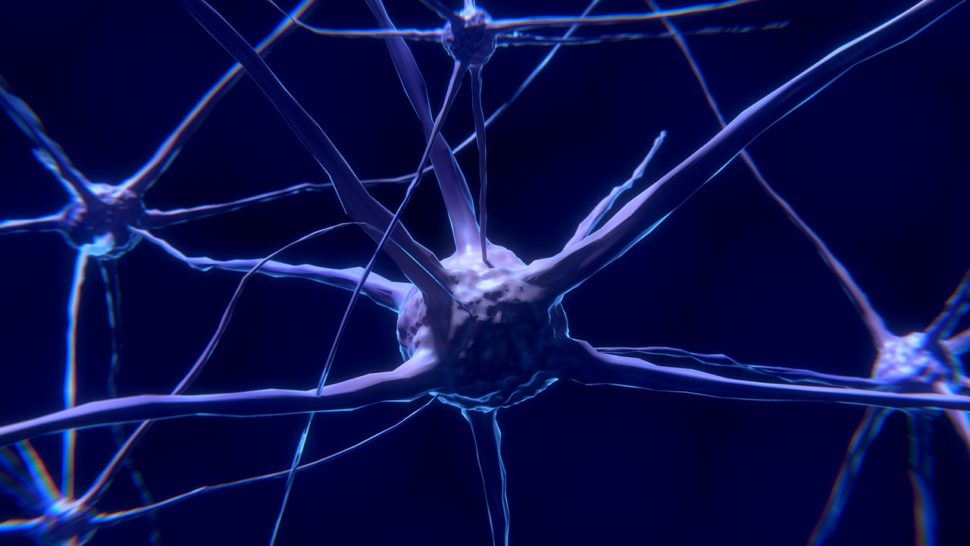As we age, our brain becomes less retentive and our working memory becomes less reliable.
Over the years, we tend to forget things and have more trouble to form and retain new memories.
Several potential routes, like brain chips and even transplants, exist to boost memory and overall neuron power in healthy people, but what about aging brains?
Now, no memory might be lost forever as neuroscientists have found an easy and noninvasive way to help older people regain their memory power, at least temporarily.
An Electric Walk Down Memory Lane
Without our working memory, we’d be unable to retain useful information that helps us navigate through daily decision-making challenges that at first glance might seem mundane and easy.
Remembering names, places, people, and things of all sorts that furnish life takes a lot of cognitive power that declines with age.
A decline in working memory with age might be inevitable, but, according to the results of a recent experiment on old and young subjects, could be curable.
What if older people could regain the cerebral power of their much younger selves? It could take sessions of electrostimulation to resynch their brain waves and improve their memory.
“Age-related changes are not unchangeable,” lead researcher Robert Reinhart told the Guardian. “We can bring back the superior working memory function that you had when you were much younger.”
Reinhart and his team of neuroscientists at Boston University (UK) devised memory tasks to put old and young brains alike to test.
They worked with 42 young participants aged between 20 to 29 and 42 older ones aged 60 to 76. The test included some memory tasks like remembering the differences between two images previously seen.
At first, unsurprisingly, younger subjects performed better. But then the team had old subjects to wear electrode caps to electrically stimulate the temporal and prefrontal cortex, two areas in the brain.
Read More: Here’s a Useful Exercise That Boosts Brain Power
This noninvasive stimulation has “in a way made the brain waves fall into sync” because when tested again, old participants were “much improved in the tests—and were as good as the 20-year-olds.”
But this memory performance effect was short-lived, lasting for 50 minutes, at least.
But what we can take away from these results exactly? Researchers explained:
“The work suggests there may be ways of treating age-related memory loss, but the study will need to be repeated with more participants and as a proper clinical trial. There is also no evidence that the effects would continue after the experiment was ended. A DIY culture of using brain stimulation to increase focus already exists, but there has not yet been enough research into whether it is actually safe. Don’t try this at home, basically.”



















Very promising stimulation, but it is still early to tell as to how safe and accurate it was. 🙁